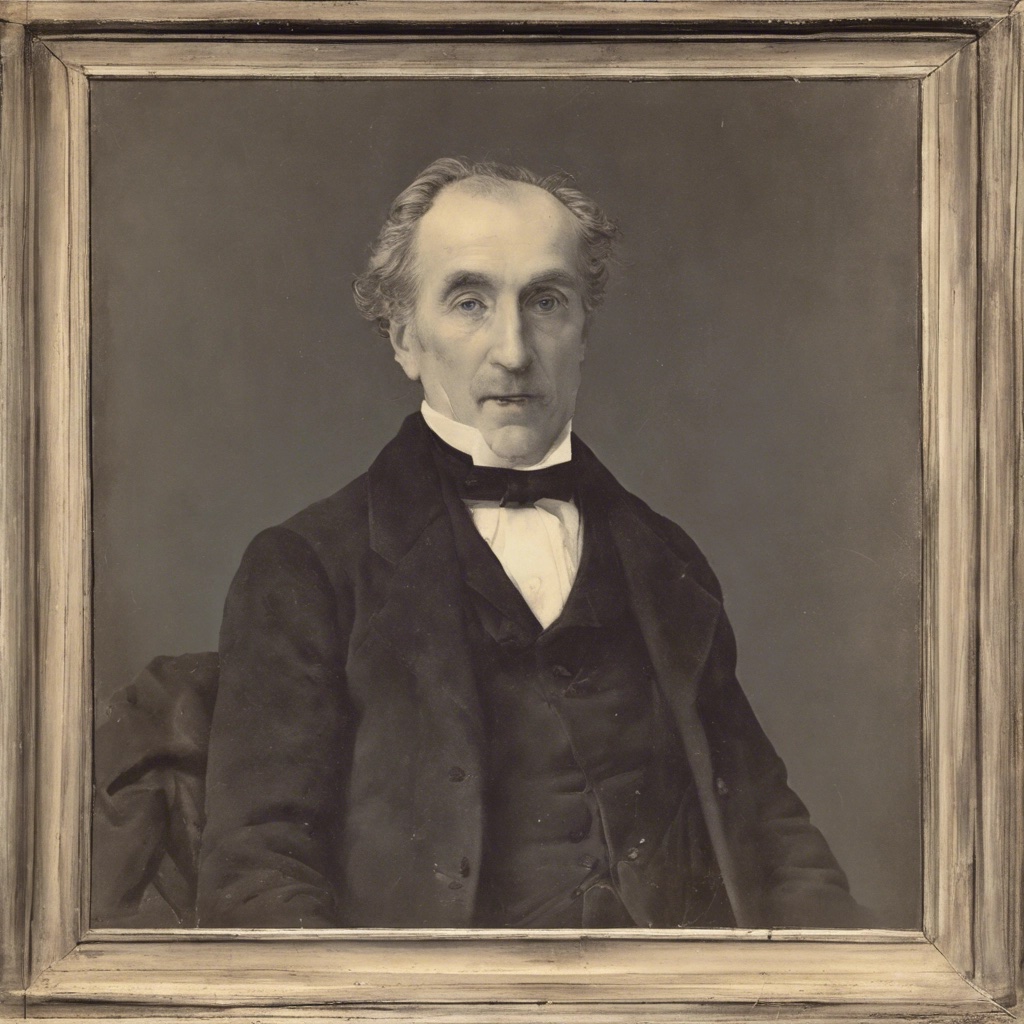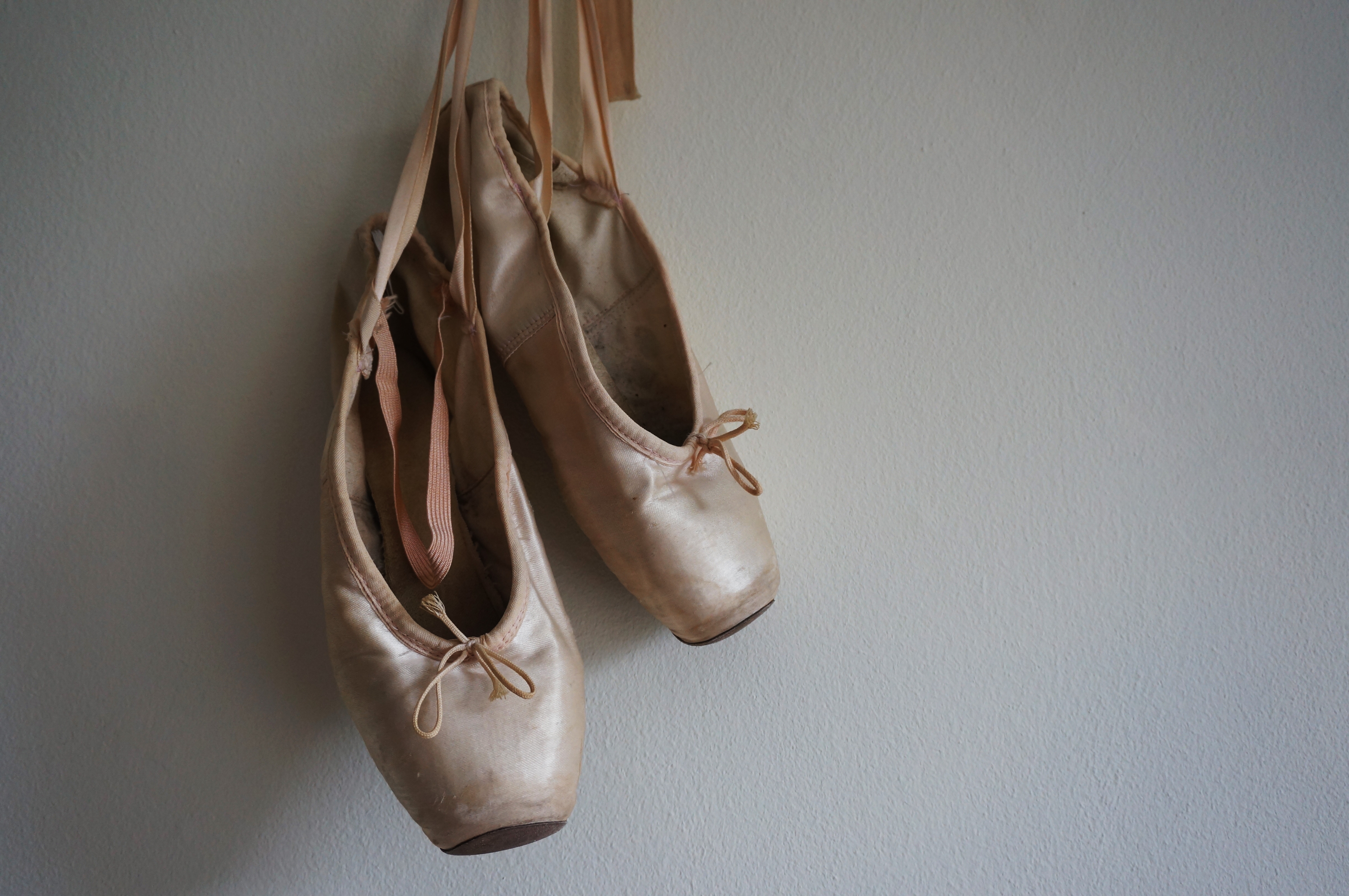Bournonville classical ballet method
Share this content
The Bournonville classical ballet method was developed in the 19th century in Denmark. Created by August Bournonville, a prominent Danish dancer and choreographer, this method emphasizes elegance, the natural flow of movements, and musicality.
The Bournonville method is based on the French technique but also incorporates elements from the Italian and Russian traditions. It focuses on the beauty and harmony of movement rather than acrobatics and extremes. Fluidity and grace are fundamental in this ballet style, which emphasizes artistic expression through control and precision.

One of the distinctive elements of the Bournonville method is its meticulous attention to musicality. Dancers are trained to be sensitive not only to the music itself, but also to the subtleties and accents of the score. This is reflected in the movements that are executed, which align with the notes and rhythms of the music.
In addition, the Bournonville method is known for its poses and fast and fluid leg variations. These variations, which include numerous sautés (small jumps), pas de bourrée (quick boat steps) and entrechat (jump with leg change), are iconic characteristics of this style. The arm movements are also soft and elegant, complementing the steps with grace and delicacy.

The Bournonville method also emphasizes acting, providing dancers with the necessary tools to interpret and tell stories in a convincing way. Facial expression and gestures are essential elements in the narrative of Bournonville classical ballet, which allows you to create convincing and captivating characters.
In terms of structure, the Bournonville method is based on a series of combinations of steps, called "variations". These variations are carried out in ballet classes and are also used in the performances of the works of the Bournonville repertoire.
Share this content
Related posts
check_circle
check_circle